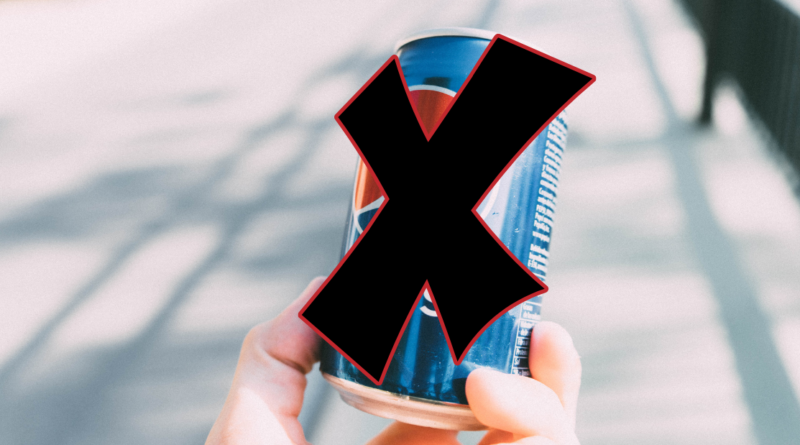Why Soda is Bad for Kids: What Every Parent Should Know
While soda might be a popular choice for a sweet treat, research consistently shows it’s a beverage best left out of children’s regular diets. The impact of soda on kids’ health can be significant, with links to everything from obesity to behavioral issues, and parents are increasingly seeking healthier alternatives.
1. Sugar Overload and Childhood Obesity
One of the main concerns is the high sugar content in soda, which can contribute to weight gain and obesity. The average 12-ounce can of soda contains about 10 teaspoons of sugar—much more than the American Heart Association’s recommended daily limit of 6 teaspoons for children. Studies show that excessive sugar intake increases the risk of childhood obesity, a condition associated with long-term health problems such as diabetes, heart disease, and certain types of cancer.
2. Impact on Dental Health
The acidity and sugar in soda can wreak havoc on children’s dental health, causing cavities and erosion of tooth enamel. In fact, the combination of sugar and acid in soda is one of the worst for oral health, allowing bacteria to thrive and erode teeth quickly. Pediatric dentists frequently emphasize the connection between soda and early tooth decay, which can be difficult and costly to manage if untreated.
3. Behavioral Concerns Linked to Sugar and Caffeine
Sodas typically contain caffeine, which can impact children’s sleep patterns and lead to hyperactivity, anxiety, and even aggression. Studies have indicated that children who consume more sugar-sweetened beverages, including soda, tend to show higher levels of behavioral problems. This is often exacerbated by caffeine, which children process differently than adults, potentially leading to dependency and withdrawal symptoms.
4. Nutritional Deficiency
When children drink soda, they’re often replacing healthier options like water, milk, or natural fruit juice, leading to nutritional gaps. Replacing essential nutrients with empty calories can hinder physical growth, affect bone health, and even impact cognitive development. Some studies suggest that high soda intake is associated with lower intakes of calcium, vitamins, and minerals essential for growing bodies.
5. Soda and Future Health Risks
The long-term risks of soda consumption aren’t limited to childhood. Kids who regularly consume sugary drinks are more likely to develop health issues as adults, including type 2 diabetes and heart disease. Establishing healthy habits early is crucial; multiple health organizations, including the American Academy of Pediatrics, recommend limiting sugary drinks to reduce these risks.
As the debate around soda’s health effects continues, many parents are choosing to limit or eliminate soda from their children’s diets. Encouraging kids to opt for water, milk, or natural juices instead helps promote better health and reduces the risk of chronic diseases down the road.




